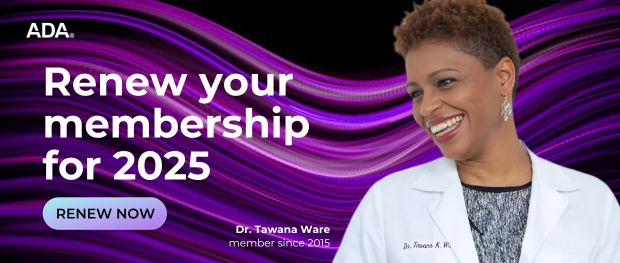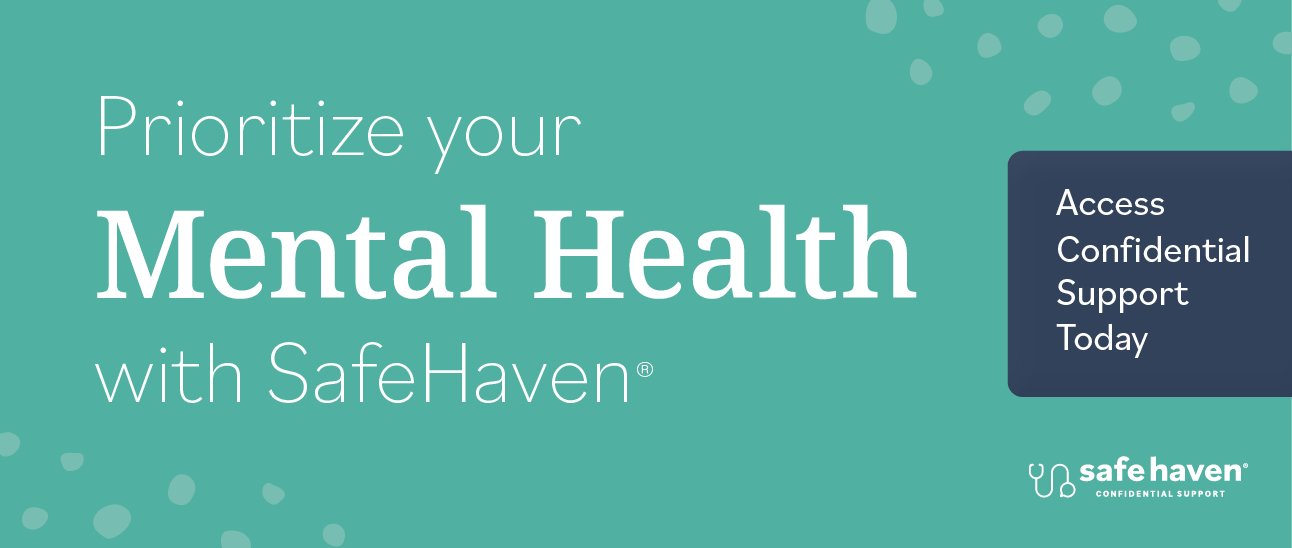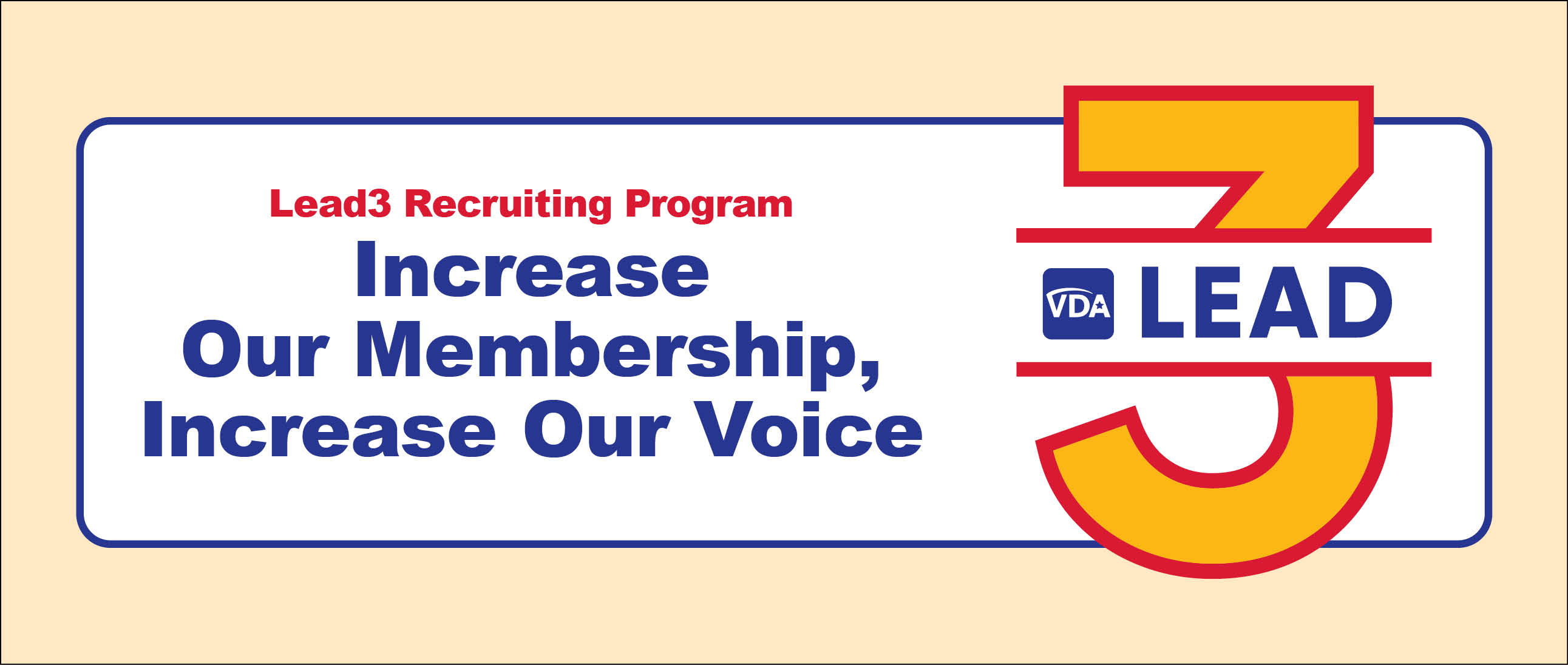Disallow clauses create headaches, ire
 Editor's note: This is the 13th story in the Decoding Dental Benefits series featuring answers and solutions for dentists when it comes to the world of dental benefits and plans. The series is intended to help untangle many of the issues that can potentially befuddle dentists and their teams so that they can focus on patient care.
Editor's note: This is the 13th story in the Decoding Dental Benefits series featuring answers and solutions for dentists when it comes to the world of dental benefits and plans. The series is intended to help untangle many of the issues that can potentially befuddle dentists and their teams so that they can focus on patient care.
Many calls that ADA staff in the Center for Dental Benefits, Coding and Quality receive concern disallow clauses — and the dentists are upset.
Dentists are angry that after a treatment they deemed necessary, they learn that not only will the third-party payer not pay for the procedure, but the dentist is also prohibited from charging the patient for the procedure.
To dentists, the third-party payer seems to be cavalierly disallowing unique procedures performed or proposed in good faith by dentists participating in the benefit plan. When the disallowance occurs after the procedure has been performed, the dentist is precluded by a questionable contractual provision from seeking fair and earned compensation from the patient.
Dr. Michael Hoffman, a Missouri dental anesthesiologist, told ADA News that 60 percent of his patients are special needs, and that some of them require up to six hours of anesthesia. However, the third-party payer often allows only the first hour to be reimbursable, Dr. Hoffman said. "It's ridiculous," he said.
In other instances, he said, when some patients require an hour of anesthesia, the first 15 minutes — the highest-cost time — can be disallowed, and he is reimbursed for only the lowest-cost increment of time the anesthesia is administered.
Dr. Hoffman added that he has been forced to hire an additional staff member to handle the high number of appeals that he files to the third-party payers.
 Dr. Calnon |
 Dr. Bulnes |
"The ADA has been very active in its opposition to these types of contractual clauses," said Dr. Christopher Bulnes, vice chair of the ADA Council on Dental Benefit Programs.
To further help members, ADA staff would like dentists to send redacted copies of explanation of benefits statements showing disallowed procedures.
The House of Delegates adopted a new policy in 2016 that opposes practices by third-party payers that permit disallowed claims and other practices the Association believes are inappropriate or intrusive.
Resolution 12H-2016, Comprehensive ADA Policy Statement on Inappropriate or Intrusive Provisions and Practices by Third-Party Payers, was in response to member dentists continuing to call the ADA with concerns related to managed care agreements that interfere with the doctor-patient relationship.
"The American Dental Association opposes interference in treatment decisions made between the doctor and patient," the resolution states. "Plans which contain inappropriate and intrusive provisions substitute business decisions for treatment decisions made through a patient-doctor dialogue. Such provisions and practices deny patients their purchased benefits and robs them of their rights as informed consumers of health care."
The resolution also states that plans that contain certain provisions should disclose them to plan purchasers and that patients and dentists should be aware of those practices when offered a contract.
The Council on Dental Benefit Programs, shared the comprehensive policy with the major dental carriers through the National Association of Dental Plans, Delta Dental Plans Association and Blue Cross/Blue Shield Association.
The disallow issue also brings a reminder that dentists should go through contracts with a fine-tooth comb. Dr. William Calnon, past ADA president and still a practicing dentist, told ADA News, "People really need to know what they are signing up for. You're asking for trouble by blindly signing up for things."
The ADA has created an online landing page for dental benefits information that can help dentists address and resolve even their most vexing questions. Go to ADA.org/dentalbenefits, part of the Center for Professional Success.
Other resources include:
- The ADA Contract Analysis Service for unsigned contracts is a resource for member dentists.
- A list of questions to consider when considering a contract called "What every Dentist Should Know Before Signing a Dental Provider Contract" is located online at ADA.org/dentalcontract.
- For more information on disallow and other clauses, search for "Third Party Contract Issues" on the Center for Professional Success website, Success.ADA.org.
- For more information on ADA advocacy on the issue, visit Success.ADA.org.
- For an article in The Journal of The American Dental Association on the subject, written by Dr. Dave Preble, senior vice president of the ADA Practice Institute, visit JADA.ADA.org.
Staff from the Center for Dental Benefits, Coding and Quality can help dentists with dental benefits-related and coding problems, questions and concerns. Call 1-800-621-8099 or email dentalbenefits@ada.org.
Previous installments in the Decoding Dental Benefits series are available at ADA.org/decoding.






